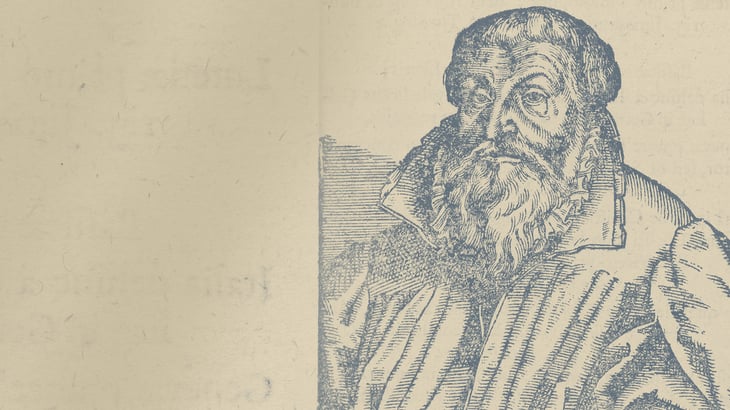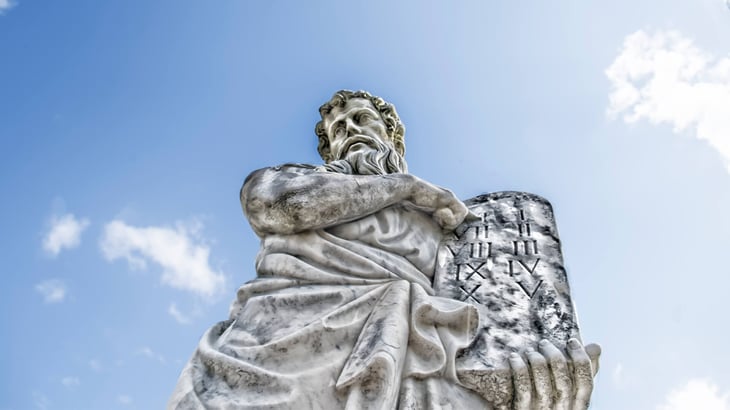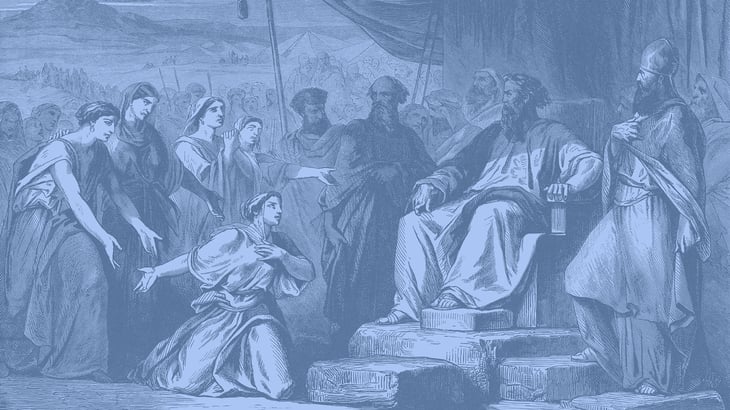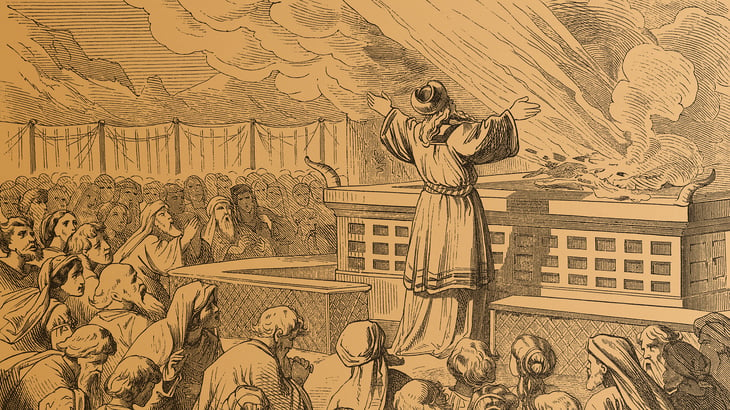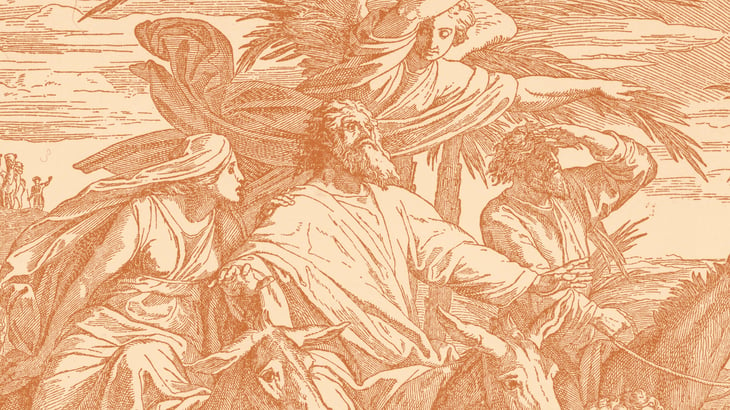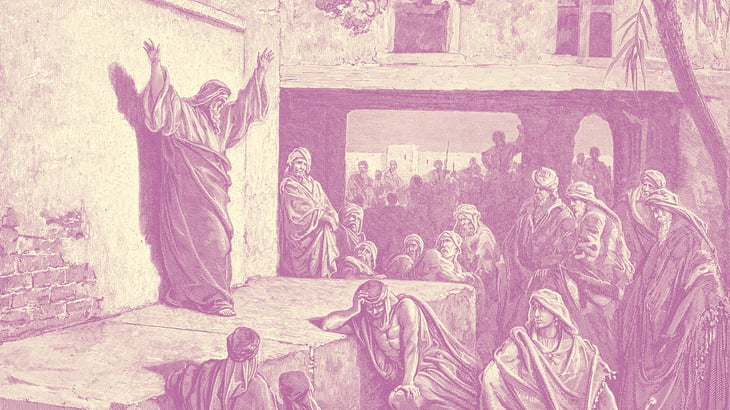Recent Posts by Concordia Publishing House
Renewal of the Covenant in Joshua
After God had graciously formed Jacob’s descendants into His covenant people and named them as His own, He provided them a choice for the future: “If you will … then I will … ” Joshua presented this if/then choice to the people at Shechem in the renewal of the covenant. They could continue on the path God established for them, or they could follow the road to destruction by rejecting the covenant.
The Development of the Formula of Concord
This blog post is adapted from The Formula of Concord: The Epitome and Solid Declaration. Read below to learn about the development of the Formula of Concord in Lutheran history.
The Covenant in Deuteronomy
In the Book of Deuteronomy, Moses preaches a series of sermons or discourses to the Israelites as they prepare to cross the Jordan River and enter the Promised Lane. Although each of Moses' discourses has its own emphases, seven points weave back and forth between them, providing a continuous, unified whole. This excerpt from Lutheran Bible Companion speaks on the first five points of the covenant, while the last two points deal with future temptations. Read below to learn more about these themes in the Book of Deuteronomy.
The Legislative Sections of Numbers
The Book of Numbers gets its name from the censuses in chapters 1 and 26. It recounts the travels and experiences of the people of Israel from Sinai to the borders of Canaan. Laws and directives of all kinds are scattered throughout Numbers and interspersed with Israelite history. Read an excerpt from the Lutheran Bible Companion: Volume 1 below to learn about some of the laws that governed the Israelites.
Sacrifice, Atonement, and Holiness in Leviticus
Externally, Israel’s sacrifices have much in common with sacrifices all over the world, but Israel’s sacrifices are sacraments. From God’s side they belong to the realm of justification: God used them to hallow His people and declare them just or righteous. One major evidence of this is the fact that no sacrifices were valid for willful, deliberate sins (committed “with a high hand”); these, if repented of, were apparently covered only by the comprehensive offering on the Day of Atonement.
Exodus and God’s Law
This blog post is adapted from Lutheran Bible Companion, Volume 1: Introduction and Old Testament.
Genesis and God’s Salvation Plan
Walther’s Sermon for The Epiphany of Our Lord: Matthew 2:1–12
This post is adapted fromGospel Sermons: Volume 1by C. F. W. Walther.
Today’s text [Matthew 2:1–12] related the first revelation of the newborn Savior to the heathen. In the past twelve days we have, so to speak, celebrated the Christmas of the Jews. Today we celebrate the Christmas of the heathen; this concerns us above all, we who descend from heathen ancestors. Therefore, we are in order to mention today that work by which ever more heathen should be brought to the knowledge of their Savior; I mean mission work.
To Us a Child Is Born: Luther’s Interpretations on Isaiah 9:6–7
Christmas is a time of celebration that the Savior of the Nations is born! His name is revered throughout the earth as we rejoice in God’s promises fulfilled. Isaiah 9:6–8 is an incredibly well-known verse about Christ’s birth. Read Luther’s commentary on these verses from Luther’s Works, Volume 16: Lectures on Isaiah Chapters 1–39 below.
Luther’s Introduction to Micah
This post is adapted from Luther's Works, vol. 18 (Lectures on the Minor Prophets I).
When the destruction of the Jewish people was imminent, when the new age and kingdom—namely, Christ—were coming, God sent many great prophets to cry out and lament about the coming destruction of the entire people so that at least some who heard the preaching of a threatening evil might believe, be converted, and, thus converted, be saved. In this way they might delay that terrible and wretched destruction. Thus at the same time prophesied Amos, whom I regard as the first, Hosea, who must be counted after Amos, and Micah. Isaiah also prophesied at the same time, although he would have been the last of these. Now all of them prophesied about the destruction of the old people and the bringing in of a new people, about the abolition of the external kingdom and the establishment of a new spiritual kingdom which would happen through Christ.



